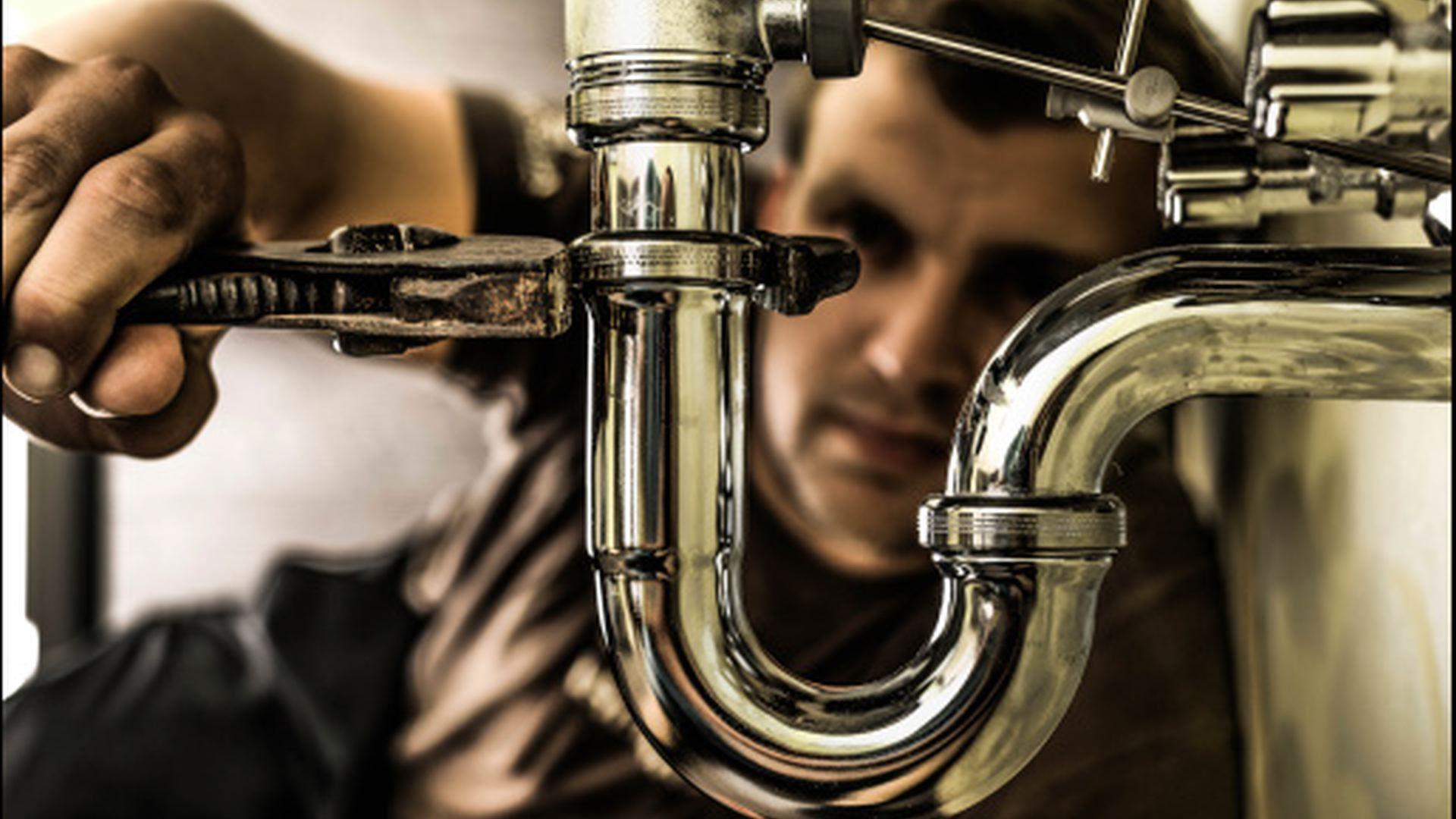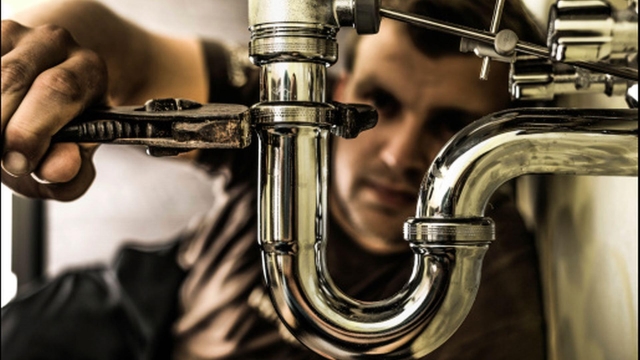From Leaks to Luxuries: Navigating the World of Plumbing
Are you tired of dealing with leaky faucets, clogged drains, or unpleasant odors from your plumbing system? Look no further! Welcome to the ultimate guide on navigating the world of plumbing, where we will equip you with the knowledge and tools to tackle any plumbing issue like a pro. Whether you’re a DIY enthusiast or simply want to understand the basics, this article will provide you with invaluable insights into the world of pipes, fixtures, and plumbing solutions. So, roll up your sleeves, put on your toolbelt, and let’s dive into the vast yet fascinating world of plumbing!
Common Plumbing Issues
Plumbing problems can be an inconvenience and cause significant disruptions in our daily lives. From leaky pipes to clogged drains, it’s essential to address these common issues promptly to prevent further damage. Here are some of the most frequent plumbing problems that homeowners often face:
-
Leaky Faucets: Leaky faucets are not only annoying but can also lead to water wastage and an increase in water bills. The continuous dripping of water can wear out the faucet over time, resulting in a larger leak. It’s crucial to fix leaky faucets promptly to conserve water and prevent any potential damage to the surrounding area.

Clogged Drains: Whether it’s the kitchen sink, bathroom drains, or shower drains, blockages can disrupt the normal flow of water and cause unpleasant odors. Clogged drains are often caused by a buildup of grease, soap residue, hair, or other debris. Regular maintenance, such as using drain guards and avoiding sending large amounts of food scraps or oils down the drain, can help prevent clogs.
-
Running Toilets: A running toilet can waste a significant amount of water, leading to higher water bills. The constant flow of water from the tank to the bowl indicates a problem with the flushing mechanism or the flapper valve. It’s important to fix a running toilet promptly to prevent water waste and potential damage to the toilet.
By addressing these common plumbing issues early on, you can save yourself from costly repairs and ensure the proper functioning of your plumbing system. However, if you’re unsure about how to fix any plumbing problem, it’s always recommended to seek the assistance of a professional plumber to avoid any further complications.
Essential Tools and Equipment
To tackle any plumbing job effectively, it’s crucial to have the right tools and equipment at your disposal. Here are some essential items that every plumber should have in their toolkit:
-
Pipe Wrench: This versatile tool is a must-have for any plumber. It comes in various sizes and is designed to grip and turn pipes with precision and ease. Whether you’re tightening fittings or removing stubborn connections, a good-quality pipe wrench will be your best friend.
-
Plunger: A handy tool for dealing with clogs and blockages, the plunger is a staple in every plumber’s arsenal. With a rubber cup attached to a handle, a plunger creates suction and pressure to dislodge debris in drains and toilets. Remember to have both a sink plunger and a toilet plunger for different applications.
-
Pipe Cutter: When it comes to working with pipes, a pipe cutter is an indispensable tool. It allows you to make clean, precise cuts, enabling you to fit pipes together securely. Look for a pipe cutter that can handle various pipe sizes and materials to tackle different types of plumbing projects.
-
Adjustable Wrench: Also known as a crescent wrench, this tool is incredibly versatile as it can be adjusted to fit different sizes of nuts and bolts. It’s ideal for tightening or loosening connections in tight spaces where a pipe wrench may not fit. An adjustable wrench is a reliable tool that will come in handy in various plumbing situations.
-
Pliers: Another essential tool for plumbers is a pair of pliers. They provide a strong grip when you need to hold or twist pipes and fittings. Tongue-and-groove pliers, also known as channel-lock pliers, are particularly useful as they have an adjustable jaw that can grasp objects of different sizes securely.
-
Teflon Tape: This thin, white tape is commonly used by plumbers to create a watertight seal. It’s wrapped around the threaded ends of pipes and fittings to prevent leaks. Teflon tape is easy to use and can save you from potential headaches caused by leaks in the future.
-
Plumber’s Putty: For sealing gaps around faucets, drains, and other fixtures, plumber’s putty is an essential product. It’s a soft, moldable substance that creates a waterproof seal when applied properly. Plumber’s putty is particularly useful when working with sinks, tubs, and other plumbing fixtures.
Having these essential tools and equipment readily available is crucial for any plumber or even DIY enthusiasts looking to tackle plumbing tasks. By investing in high-quality tools and keeping them in good condition, you’ll be well-prepared to navigate the world of plumbing and handle various challenges that come your way.
Basic Plumbing Maintenance
-
Regular Check-ups:
It is important to conduct regular check-ups on your plumbing system to avoid any major issues in the future. Hiring a professional plumber to inspect your pipes, faucets, and fixtures is a wise investment. They can identify any potential leaks or blockages before they become a bigger problem. Regular maintenance can save you a lot of time and money in the long run. -
Fixing Leaks:
Leaky pipes and faucets not only waste precious water resources but can also lead to water damage in your home. Keep an eye out for any signs of leaks, such as damp walls or ceilings, water stains, or a sudden increase in your water bill. If you spot a leak, it is crucial to address it promptly. Most minor leaks can be fixed easily using simple tools like plumber’s tape or pipe sealant. -
Keep Drains Clear:
Clogged drains are a common plumbing issue that can quickly escalate into a messy and unpleasant situation. Preventing clogs is key, so make sure to avoid disposing of grease, coffee grounds, hair, or any other materials down the drain. Use drain strainers to catch debris and regularly clean out the strainer to ensure proper water flow. If you do encounter a clog, try using a plunger or a drain snake to clear it before resorting to chemical drain cleaners.
Remember, proper maintenance is essential to keep your plumbing system running smoothly. By following these basic tips, you can avoid costly repairs and ensure a hassle-free plumbing experience.
